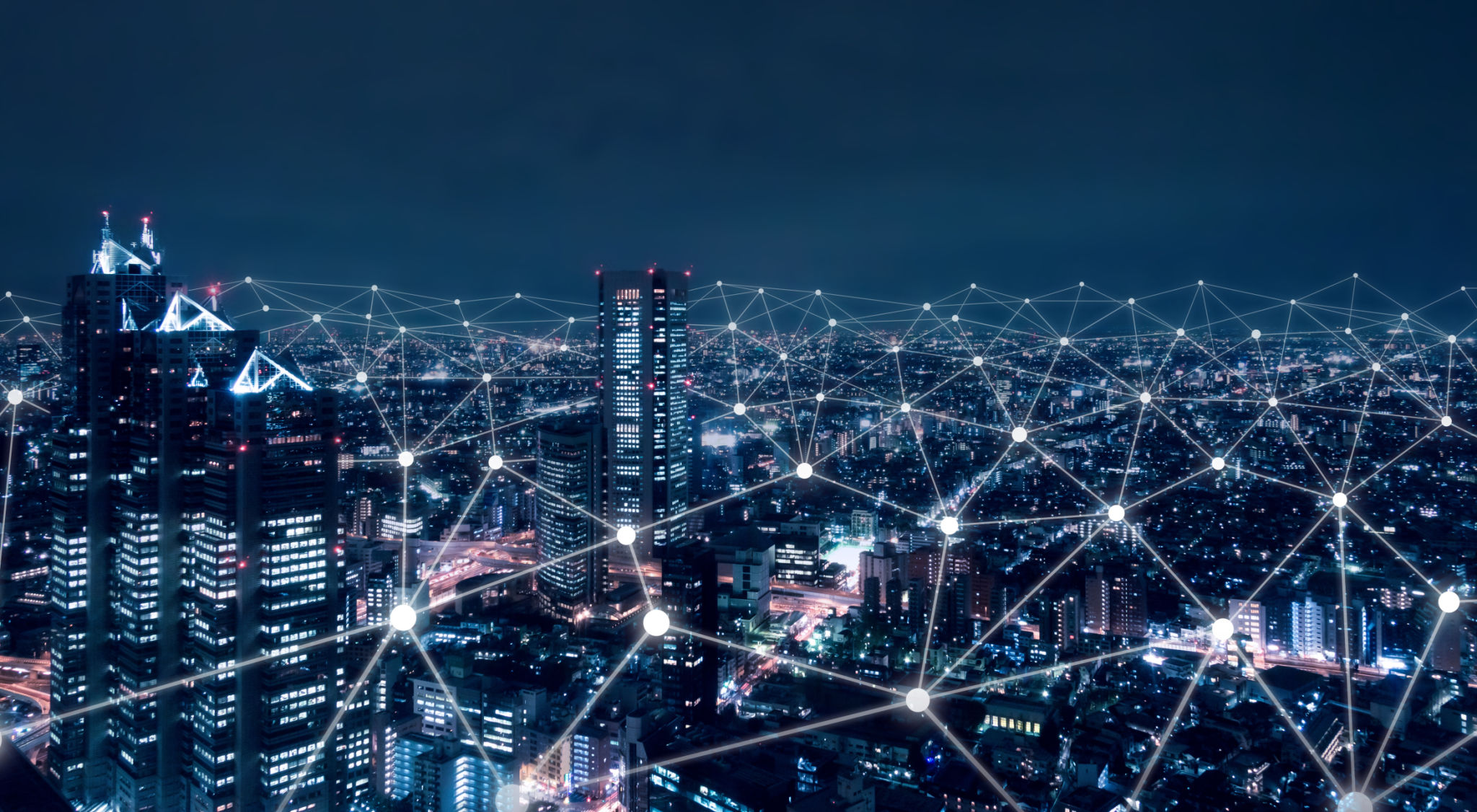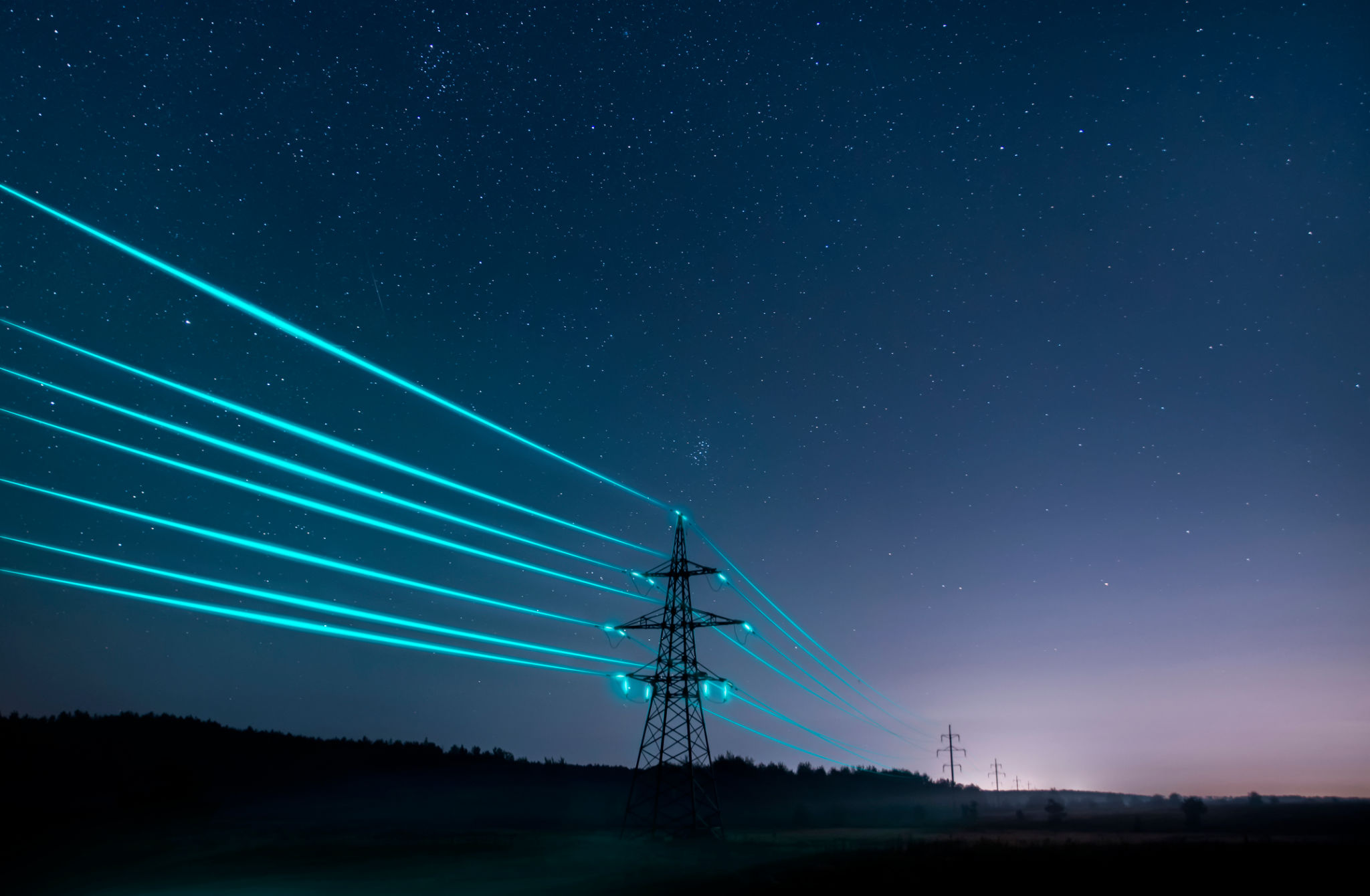The Future of Power Generation in Dubai: Embracing Renewable Energy Solutions
Introduction to Dubai's Energy Transformation
Dubai has long been recognized as a global hub for innovation and luxury. As the world pivots towards a more sustainable future, Dubai is at the forefront, embracing renewable energy solutions to transform its power generation landscape. This shift is not just a response to environmental concerns but also a strategic move to ensure energy security and economic sustainability.

The Current Energy Scenario
Historically, Dubai's energy needs have been met primarily through fossil fuels, particularly natural gas. However, as part of the UAE's Vision 2021 and Dubai Clean Energy Strategy 2050, there is a concerted effort to diversify the energy mix. This includes ambitious targets for renewable energy integration, aiming for 75% of power generation from clean sources by 2050.
Key Renewable Projects
Several landmark projects are underway that highlight Dubai's commitment to renewable energy:
- Mohammed bin Rashid Al Maktoum Solar Park: As one of the largest solar parks in the world, this project is a cornerstone in Dubai's renewable strategy. It aims to produce 5,000 MW by 2030.
- Shams Dubai Initiative: This initiative encourages homeowners and businesses to install photovoltaic panels, feeding surplus electricity back into the grid.

Technological Innovations Driving Change
The integration of cutting-edge technology is crucial to Dubai's renewable energy strategy. Smart grids, energy storage solutions, and advancements in solar panel efficiency are all playing vital roles. These technologies not only enhance the reliability of renewable sources but also optimize energy use across the city.
The Role of Smart Grids
Smart grids represent a transformative approach to energy distribution. By leveraging data analytics and real-time monitoring, smart grids ensure efficient energy use and reduce waste. They are essential for integrating variable renewable sources like solar and wind into Dubai's energy mix.

Investment and Economic Implications
Dubai's pivot towards renewable energy is backed by significant investments from both the government and private sectors. These investments are expected to spur economic growth by creating jobs in emerging industries and reducing dependency on imported fuels.
Opportunities for Businesses
The transition to renewable energy presents numerous opportunities for businesses in Dubai. From manufacturing components for solar panels to providing maintenance services for new installations, the renewable energy sector is ripe with potential for growth and innovation.
Challenges and Considerations
While the vision for a sustainable future is clear, several challenges need to be addressed. The intermittency of solar and wind power requires robust energy storage solutions. Additionally, transitioning from traditional power systems involves significant infrastructure upgrades.
Addressing Infrastructure Needs
To support the increasing share of renewables in the energy mix, Dubai must invest in infrastructure capable of handling distributed generation. This includes upgrading transmission lines and substations to accommodate new loads and ensure stability.

Conclusion: A Sustainable Future
Dubai's commitment to renewable energy is a testament to its forward-thinking approach. By investing in clean energy solutions, the city is not only safeguarding its environmental future but also setting a benchmark for other regions. As Dubai continues on this path, it exemplifies how urban centers can thrive sustainably in the modern world.